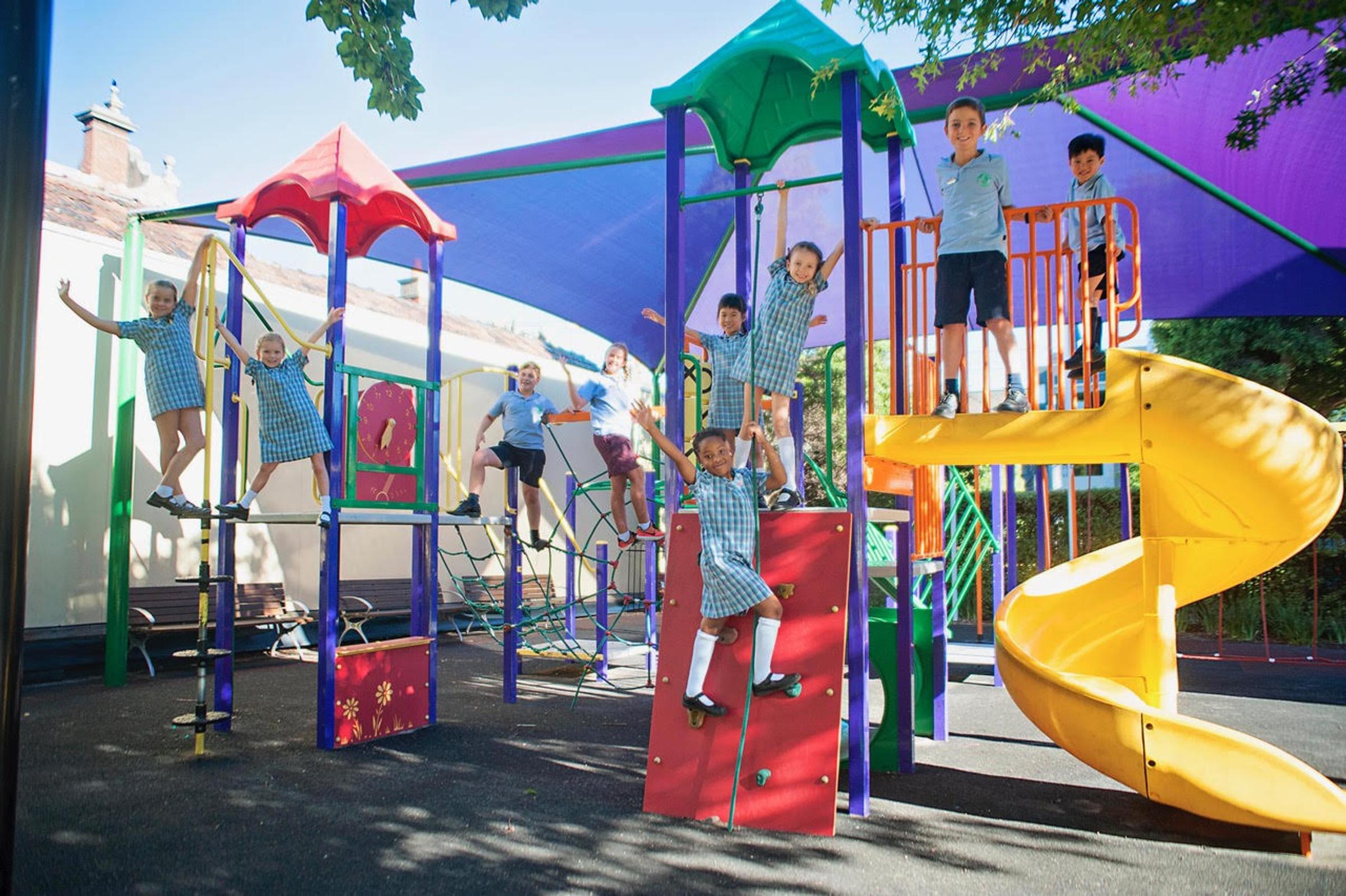National Consistent Collection of Data
Schools must now complete the Nationally Consistent Collection of Data on School Students with Disability (NCCD) every year. It counts the number of students who receive additional adjustments or “help” at school because of a disability. The NCCD helps governments plan for the needs of students with disability.
In the NCCD the word ‘disability’ comes from the Disability Discrimination Act 1992 (DDA). There are four types of disability that the school can choose from: sensory, cognitive, social-emotional and physical.
Many students that need help at school can be counted in the NCCD. For example, students with learning problems, e.g. specific learning disability or reading difficulty (sometimes called dyslexia), health problems (e.g. epilepsy or diabetes), physical disability (e.g. cerebral palsy), vision/hearing loss and social-emotional problems (e.g. selective mutism, Autism Spectrum Disorder, anxiety).
For more information, please read the attached document.
Why is it important for your child to arrive at school on time?
There are many benefits your child will gain from arriving on time to school and class.
Did you know?
- The likelihood of success in learning is strongly linked to strong participation in school programs which is linked to arriving on time.
- It is very important for children to develop habits of arriving on time at an early age, beginning from the time they start school.
Some gains for your child.
Arriving on time for school and class:
- Makes sure that your child doesn’t miss out on the important learning activities that happen early in the day when they are most alert.
- Early morning learning activity is often reading or writing your child can lose so many opportunities to learn these critical life skills.
- Helps your child to learn about routines and commitment.
- Gives your child time to greet their friends before class and this can reduce the possibility of disruptions in the classroom.
- Class disruption can make your child feel uncomfortable and can upset other children. Arriving on time every day makes children feel good about themselves.
Are these some reasons why your child does not get to school on time?
- Your child won’t go to bed at night or get out of bed in the morning.
- Your child can’t find their clothes, books, homework, school bag….
- The school lunches are not ready.
- Homework’s not done.
- Your child is slow to eat breakfast.
- Your child is watching TV late at night or when they should be getting ready for school.
- It’s your child’s or someone else’s birthday.
- There is a test or presentation at school today.
- Your child is screaming or not letting go of you.
Things to try.
Here are some suggestions based on setting regular routines:
- Have a set time to go to bed.
- Have a set time to be out of bed.
- Have uniform and school bag ready the night before.
- Make lunches the night before.
- Have set time for starting and ending breakfast.
- Set a time each day for homework. Try straight after school with the TV off so your child can relax for the rest of the night and have a reward when finished.
- Turn the TV on for set times and only if appropriate.
- Be firm that children must go to school.
- Give your child lots of positive encouragement and acknowledge they are organised and get to school on time.
- Be firm; a birthday does not equal a holiday.
- On arrival look for some of your child’s friends and encourage your child to go and play with their friends.
- Once settled leave quickly.
REGULAR ROUTINES ARE IMPORTANT




